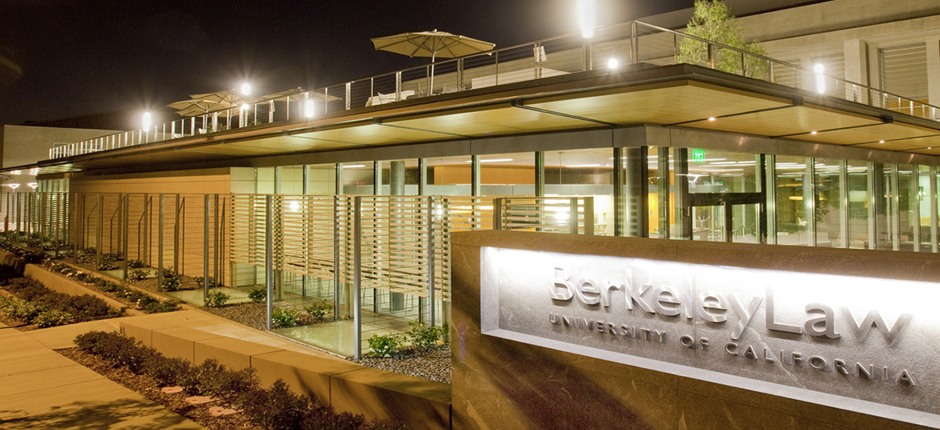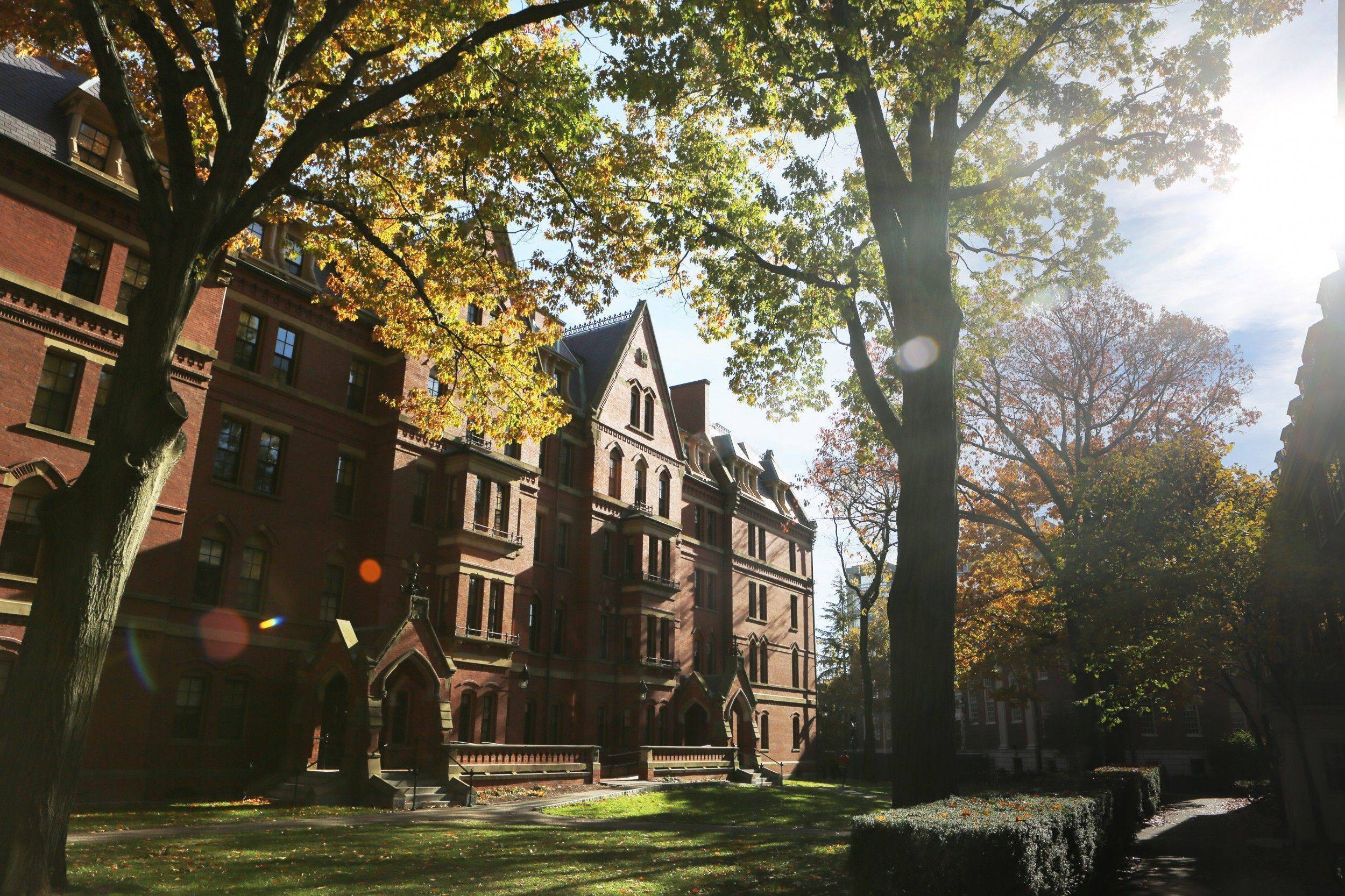美國法學院 選擇與各校特色
專訪 現任 柏克萊法學院招生委員UC Berkeley Law School Committee Member !

Question: What topics are risky? When do such topics work?
Berkeley Law: I think that humor, poetry, and unusual formats, such as court transcripts, should not be used. No jokes unless you’re Jerry Seinfeld—don’t try it. Beautifully composed prose is best.
Question: What steps do you take to recognize and prevent plagiarism? Do you have an institutional policy on plagiarism?
Berkeley Law: We’re aware of the sites. We do have a policy on plagiarism; anytime we see it, we’ll report it to the misconduct committee.
Question: If you had the option of doing away with personal statements altogether, would you?
Berkeley Law: No. We’re interested, particularly at Berkeley Law, in admitting human being, not numbers. Our graduates have the opportunity to affect the lives of people. I believe it to be irresponsible to use just two numbers to make a decision.
Question: How many personal statements do you and your personal staff receive? How much time do you spend reading each application? Each essay?
Berkeley Law: We usually receive 7,000-8,000 applications and have four people reading more or less full-time from the end of October through the end of March. On average, I spend at least ten minutes on each application.
Question: What experience do you require from the people reviewing applications? Are there any particular qualities that you look for in a reader?
Berkeley Law: Our readers are associate and assistant directors at the school.
Question: How many applications, generally speaking, go to committee each year?
Berkeley Law: Depends on the year.
Question: If an element of the application is marked “optional,” is it truly optional? If a candidate opts not to complete that part of the application, is his or her candidacy weakened?
Berkeley Law: Those items that are marked “optional” are optional.
Question: Do applicants send extra material to you? If so, which materials are helpful? How much is too much?
Berkeley Law: We put aside CDs, videos, senior theses.
Question: If low LSAT score explanation When is this necessary? Unnecessary? How often does this change your mind? (Have you ever received any ridiculous explanations that you’d like to share?)
Berkeley Law: If you have a low LSAT score and you have a history of poor standardized test scores, yet a very high college GPA, then you should talk about it. In an addendum, provide copies of previous standardized test scores. Many applicants claim they have a problem with standardized tests but don’t provide proof; but an increasing number are providing copies of ACT and SAT scores to prove it.
Question: Do you use an academic or other index initially to sort applications into “for sure,” “Maybe,” and “long-shot” piles? If not, how do you do your initial sorting?
Berkeley Law: We do use index, but it’s not used to separate applications. We read them in the order that they become complete.
Question: Do you have an overall mission statement that you follow when looking at admissions statements and applications?
Berkeley Law: Yes, we do. Included among the values articulated in this vision statement are the following: the “responsibility to educate lawyers who will serve the legal needs of all members of society;” the importance of drawing “a student body with a broad set of interests, backgrounds, life experiences, and perspectives;” and the commitment to selecting “students who will attain the highest standards of professional excellence and integrity.”
Question: If you have an applicant with lower numbers but a great personal statement, what do you do? If a personal statement is unimpressive but the student’s grades are great, what then? Is it possible for a personal statement to change your mind about a candidate?
Berkeley Law: It puts them in a difficult situation because we’re also looking for strong academic potential. You have to have strong numbers, as well. I guess all law schools are looking for high academic potential in terms of academic talents, but we’re also looking for interesting people, and that combination is what the admissions process is all about. The way the law is taught requires that there be different voices throughout our classrooms, but all of the people in each classroom must also have the academic ability to grasp the concepts, nuances, and issues that are being discussed. The caliber of the resulting dialogue is a function of the depth and range of their voices
Question: How is your decision affected by a perspective or opinion (expressed by an applicant in his or her personal statement) with which you categorically disagree?
Berkeley Law: We don’t take political views into account at all in the admissions process.
Question: How do you feel about other academic credentials? Does having an MPA, for example, better a candidate’s chances of gaining acceptance, even if he or she has a low undergraduate GPA or LSAT score?
Berkeley Law: A graduate degree is a plus.
Question: Does coming from a specific field underrepresented in law school (engineering, for example) help or hurt someone?
Berkeley Law: I don’t think it helps or hurts; it depends on the total package.
Question: Do you have descending degree of importance that you assign the different application requirements? Is the LSAT score, for example, the most important measure of ability? Where does the personal statement Fall?
Berkeley Law: The personal statement is on par with the academic record and LSAT.
學律留學顧問中心的團隊包括了美國執業律師 (JD),英國執業律師,外籍英語文學教授/Ph.D, 外籍語文學專家等 (更多專業團隊介紹請至“學律團隊”閱讀)
學律留學已經成功替數百位的申請者成功錄取了許多美國/歐洲 頂尖學校 (包括Harvard, Stanford, Columbia, Oxford, LSE etc.)!
每一位的申請都由學律顧問群與申請者做一對一的深度討論,透過不斷討論,扣緊所有相關的檔與學經歷共同創造出最佳的申請檔 (Application Package),申請到最理想的學校!


